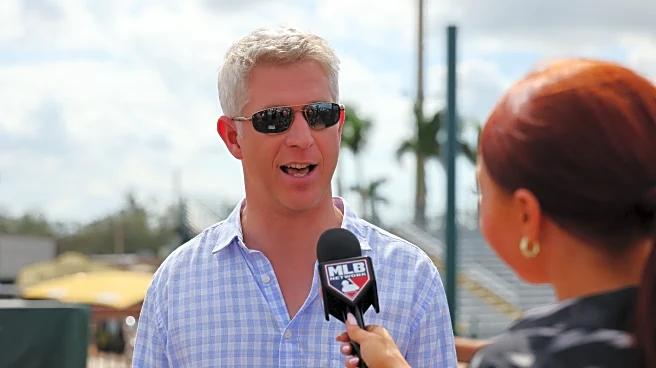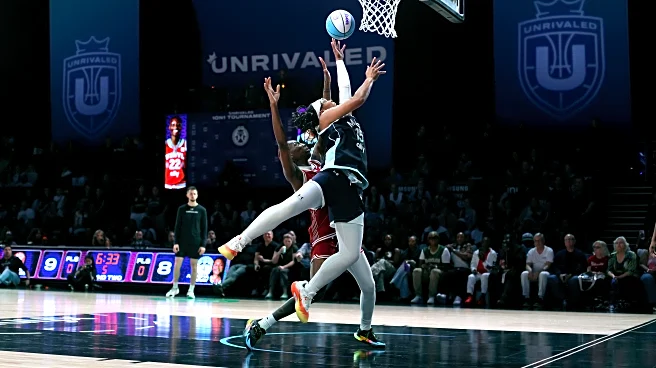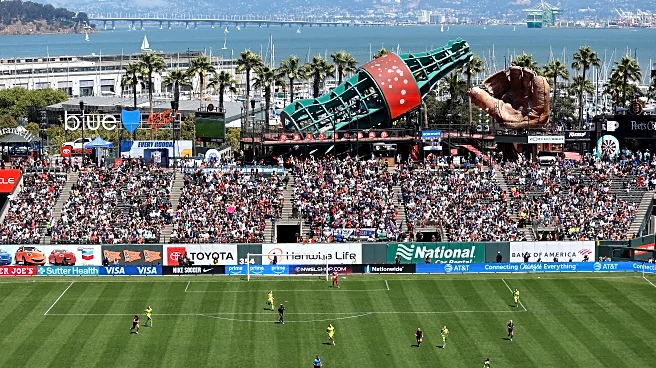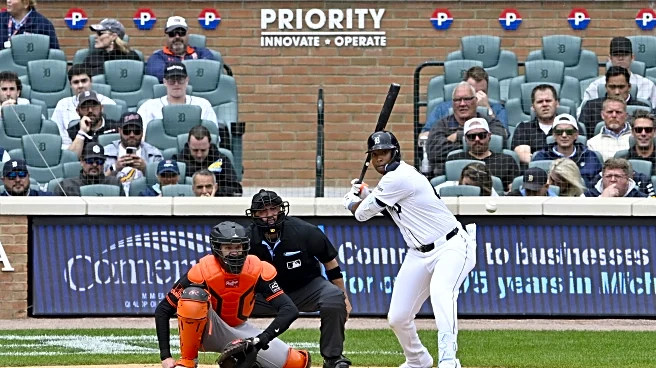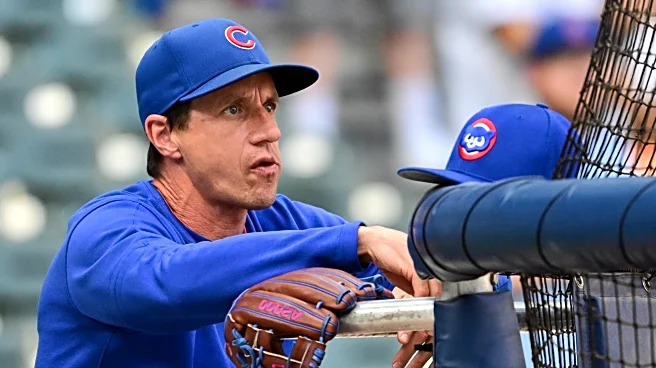Rapid Read • 8 min read
Burning Man, an annual event held in Black Rock City, Nevada, emphasizes radical self-expression and community building. Founded in 1986 by Larry Harvey and Jerry James, the event started as a symbolic act of letting go of personal crises by burning a wooden effigy. It has since evolved into a week-long gathering attracting over 70,000 participants. The event is characterized by its de-commodified society, where money is absent, and art and food are exchanged as gifts. Participants, known as burners, engage in various art projects and community service, fostering a unique cultural movement that extends globally.
AD
Burning Man's principles, including radical self-expression and decommodification, challenge conventional societal norms and promote individual authenticity. This cultural movement encourages participants to connect with others and express themselves freely, fostering creativity and community involvement. The event's emphasis on self-reliance and adaptability resonates with broader societal themes, offering insights into leadership and collaboration under challenging circumstances. By removing transactional interactions, Burning Man creates a space for genuine connections, potentially influencing how communities and individuals interact beyond the event.
As Burning Man continues to evolve, its principles may inspire similar events worldwide, promoting cultural exchange and community building. The event's adaptability suggests it will continue to morph, reflecting the changing dynamics of its participants. Future iterations may explore new forms of expression and community engagement, potentially influencing broader cultural and social movements. Stakeholders, including organizers and participants, will likely continue to refine the event's principles to maintain its relevance and impact.
Burning Man's emphasis on radical self-expression and community building raises questions about the role of art and culture in society. The event challenges traditional art markets by promoting inclusivity and accessibility, encouraging participants to engage in creative expression without commercial constraints. This approach may influence how art is perceived and valued, potentially leading to shifts in cultural and economic paradigms. Additionally, the event's focus on community service highlights the importance of collective action and social responsibility, offering a model for sustainable and inclusive community development.
AD
More Stories You Might Enjoy




